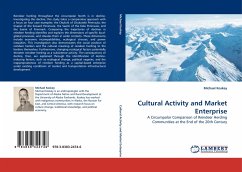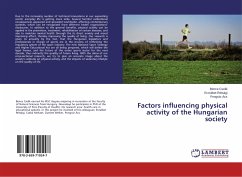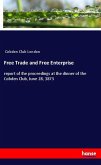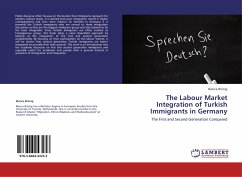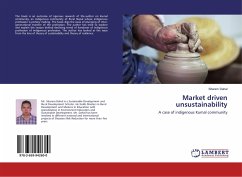Reindeer herding throughout the circumpolar North is in decline. Investigating this decline, this study takes a comparative approach with a focus on four case examples: the Chukchi of Chukotskii Peninsula, the Iñupiat of the Seward Peninsula, the Saami of the Kola Peninsula, and the Saami of Finnmark. Comparing the trajectories of declines in reindeer herding identifies and explains the dimensions of specific local-global processes, and situates them in wider contexts. These dimensions include economic incompatibilities, ecological stresses, and power inequities. This investigation also demonstrates the social position of reindeer herders and the cultural meaning of reindeer herding to the herders themselves. Furthermore, changing ecological factors potentially threaten reindeer herding as a subsistence activity. The consequences of decline, then, are explained through the identification of decline-inducing factors, such as ecological change, political vagaries, and the inappropriateness of reindeer herding as a capital-based enterprise under existing conditions of market and transportation infrastructural development.
Bitte wählen Sie Ihr Anliegen aus.
Rechnungen
Retourenschein anfordern
Bestellstatus
Storno

